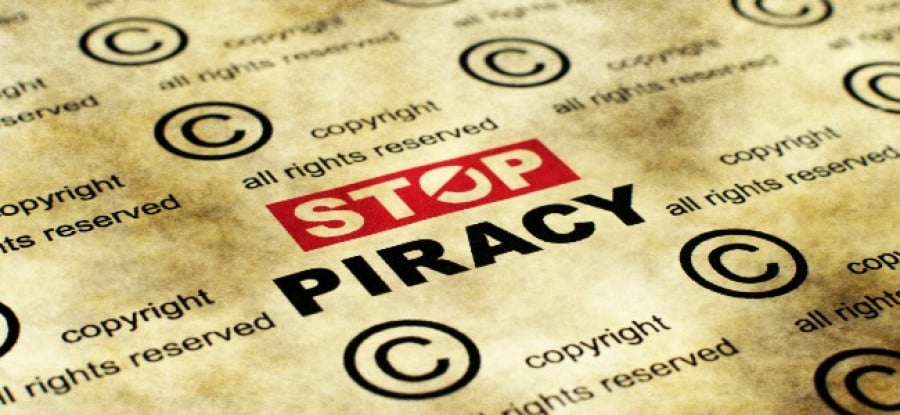A guide to piracy protection for sports broadcasting rights-holders in the UAE

This article identifies the core elements of broadcast piracy in the United Arab Emirates (the “UAE”), and considers some countermeasures being taken by the country to combat the problem. A number of laudable recent steps to deal with the growing legal problem suggest that both internal and external rights holders to the UAE market can take some comfort that rights will be recognized and protected and, where practical, aggressive enforcement can be pursued.
A growing global problem
In the TV broadcasting world, the value of premium rights to sporting events makes them a prized asset. The inherent nature of live sporting events means that they have the now relatively scarce appeal of immediacy, with extremely high value before and during the event itself, rapidly diminishing thereafter. This reality has elevated the value of live sporting event broadcasts above all others in the pantheon of TV advertising platforms – take, for example, the English Premier League.1
The auspicious trade winds have, however, drawn a threat to the horizon. As subscription rates climb there is an increasing threat from pirates adroitly brandishing advances in technology to illegally broadcast sports content to consumers. Their motivation is the substantial rewards that can be reaped for bypassing legal rights holders. Approximately one billion people watched the final match of the FIFA World Cup last year, 900 million watched the opening ceremony of 2012 Olympics in London and, for single match events, in excess of 110 million watched the Superbowl.2 These figures hint at the golden gains of advertising investment and subscription fees that can be made by those prepared to operate outside the law on a quest for revenues without paying for broadcasting rights.
As the sports rights market grows, evidence shows that the problem, which can take several specific forms, is growing at a significant rate globally,3 which suggests the framework of laws and regulations – handicapped by jurisdictional limitations in dealing with global offenders – has in general struggled to keep up with detection and enforcement.
Local face of a global problem
In the UAE, broadcasting piracy has shown a marked increase over the past couple of years, similar to many other markets with diverse sporting interests and a growing cosmopolitan population. TV broadcast piracy includes a range of abuses that are evolving with technology, but the purposes of this article we will consider specifically the legal issues surrounding:
- unauthorized internet content (unicast and peer to peer streaming);
- pirate satellite channels showing premium content; and
- illegal set-top boxes and other hardware allowing access to hundreds of channels for a one-time and/or short term subscription fee.4
In respect of this latter category, it has been suggested that licensed retailers of electronic equipment for premium content in the UAE are being deprived of up to forty percent (40%) of business because of the proliferation of illegal decoders and satellite dishes5 with reports of in excess on one million illegal set-top boxes entering the Gulf Cooperation Council region annually.
It is instructive to note that ready access to high-speed internet connections is ubiquitous in the UAE and a largely expatriate population features a broad interest in sporting activity from around the world and consumers highly sensitive to choice content. These factors contribute to make policing the market a difficult task, as identifying targeted content to include niche sporting activities can be difficult and tracking potential multijurisdictional sources of illegal content or hardware can be elusive.
A recent example illustrates the issue. Throughout much of last year beIN Sports, the Qatar-based network and an exclusive rights holder to the EPL in a number of countries in the region, reportedly6 suffered piracy issues with some of its live transmissions. Saturday afternoon kickoffs were particularly sensitive because of UK blackout rules, so in what was perceived as a measure to pacify the UK rights holders beIN covered only one match per week in that timeslot whereas previously, it had shown all live EPL matches during that timeslot. In addition to significant subscriber complaints about loss of access to content of the other matches in that timeslot, it has been suggested7 that many fans were galvanized into seeking alternative access, including through pirate broadcasts.
To continue reading or watching login or register here
Already a member? Sign in
Get access to all of the expert analysis and commentary at LawInSport including articles, webinars, conference videos and podcast transcripts. Find out more here.
- Tags: Anti-Piracy Coalition | Broadcasting | Commercial Law | Dubai Department of Economic Development | English Premier League | Federal Law No_ (15) of 1980 (concerning Publications and Publishing) | Federal Law No_ (3) of 1987 (the UAE Penal Code) | Federal No_ (5) of 2012 (concerning Combatting Information Technology Crimes) | FIFA | FIFA World Cup | Intellectual Property | National Media COuncil Resolution on Advertising Standards | Piracy | Rights Holders | UAE Federal Law No_ (7) of 2002 Concerning Copyrights and Neighbouring Rights | United Arab Emirates
Related Articles
- How could the rising Premier League broadcasting revenue impact clubs' compliance with Financial Fair Play?
- U.S. broadcasting: what ESPN v. Verizon litigation may mean for viewers, leagues and sponsors
- A guide to key legal issues for sponsors and right-holders operating in the UAE
- Find out why the Middle East is of growing importance to the global football market

 Global Summit 2024
Global Summit 2024